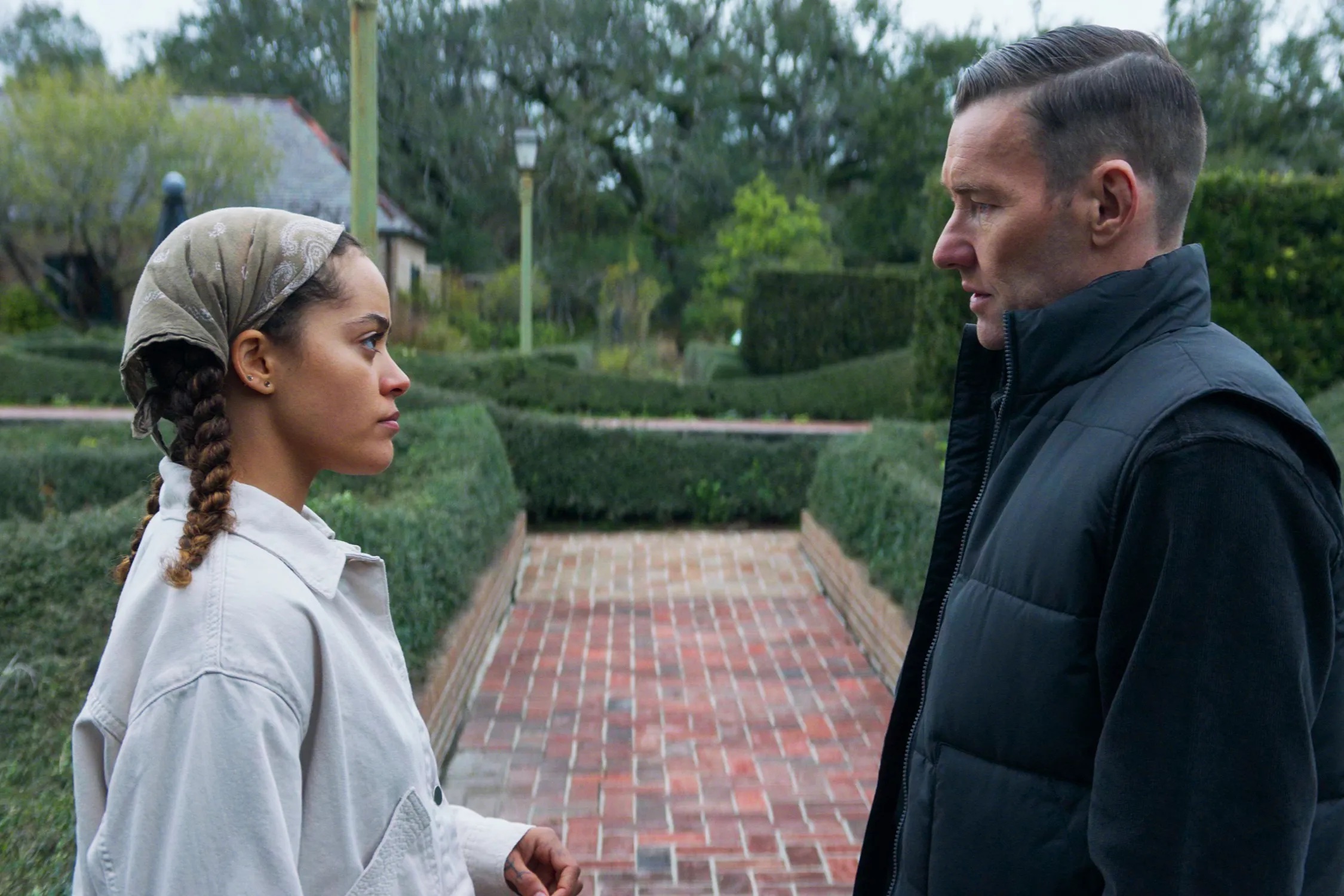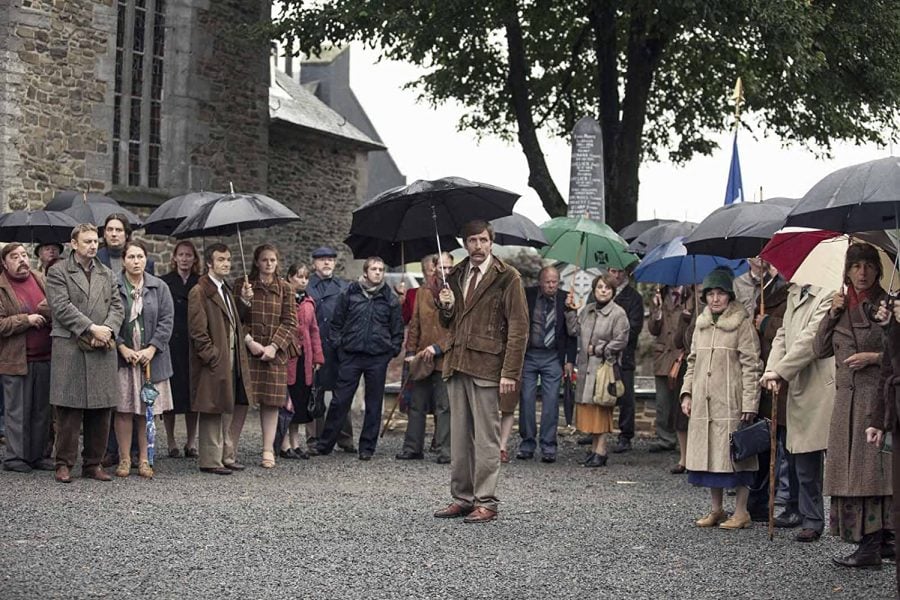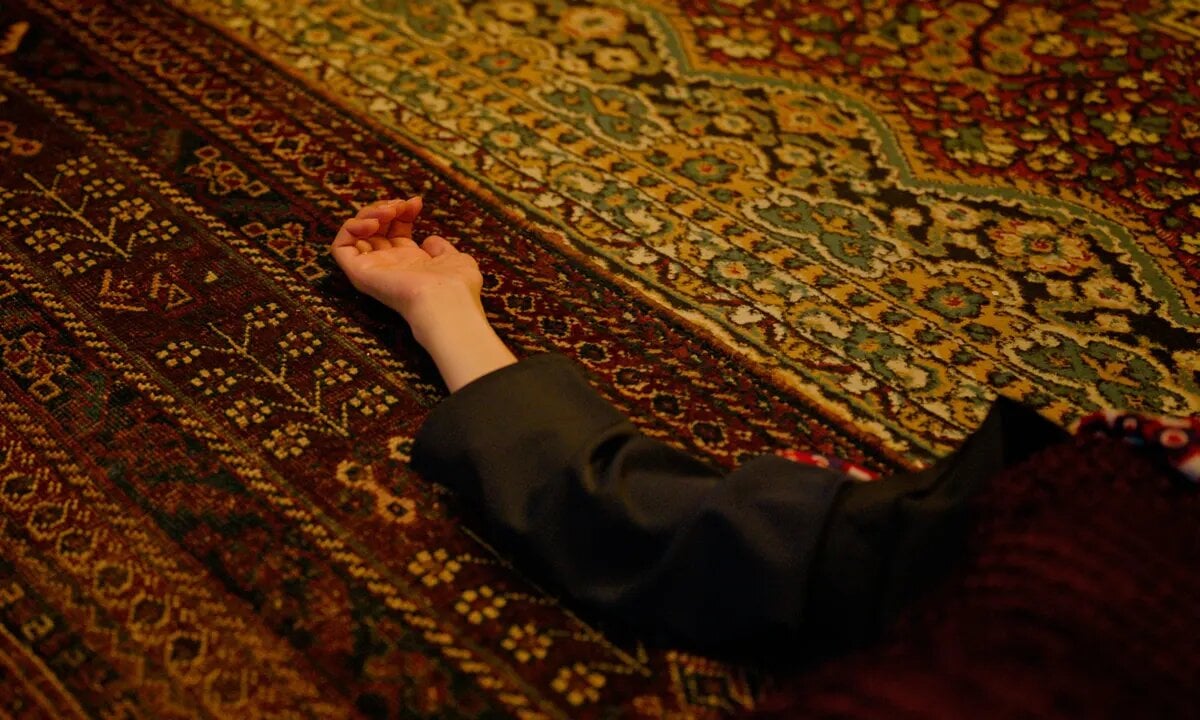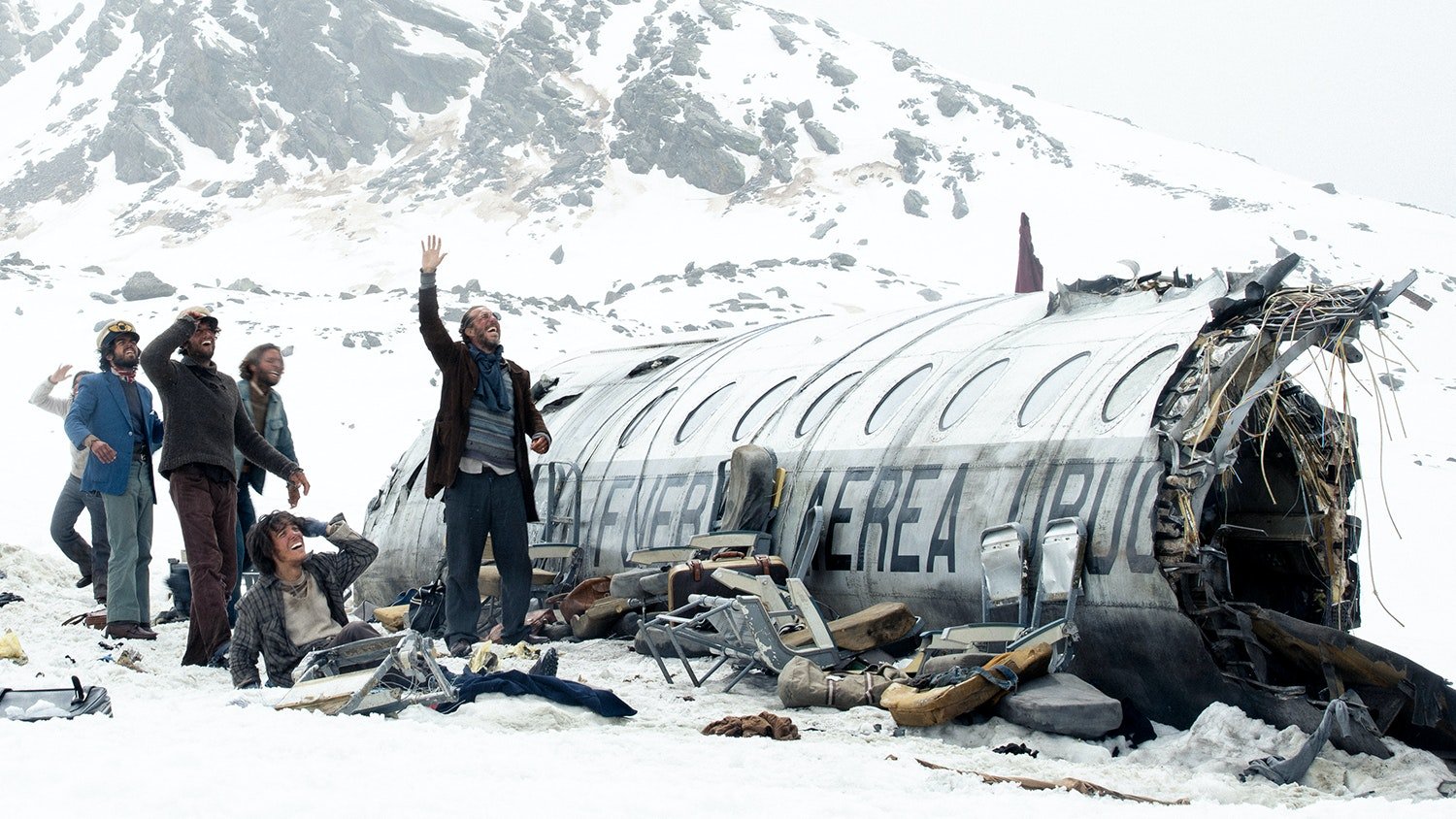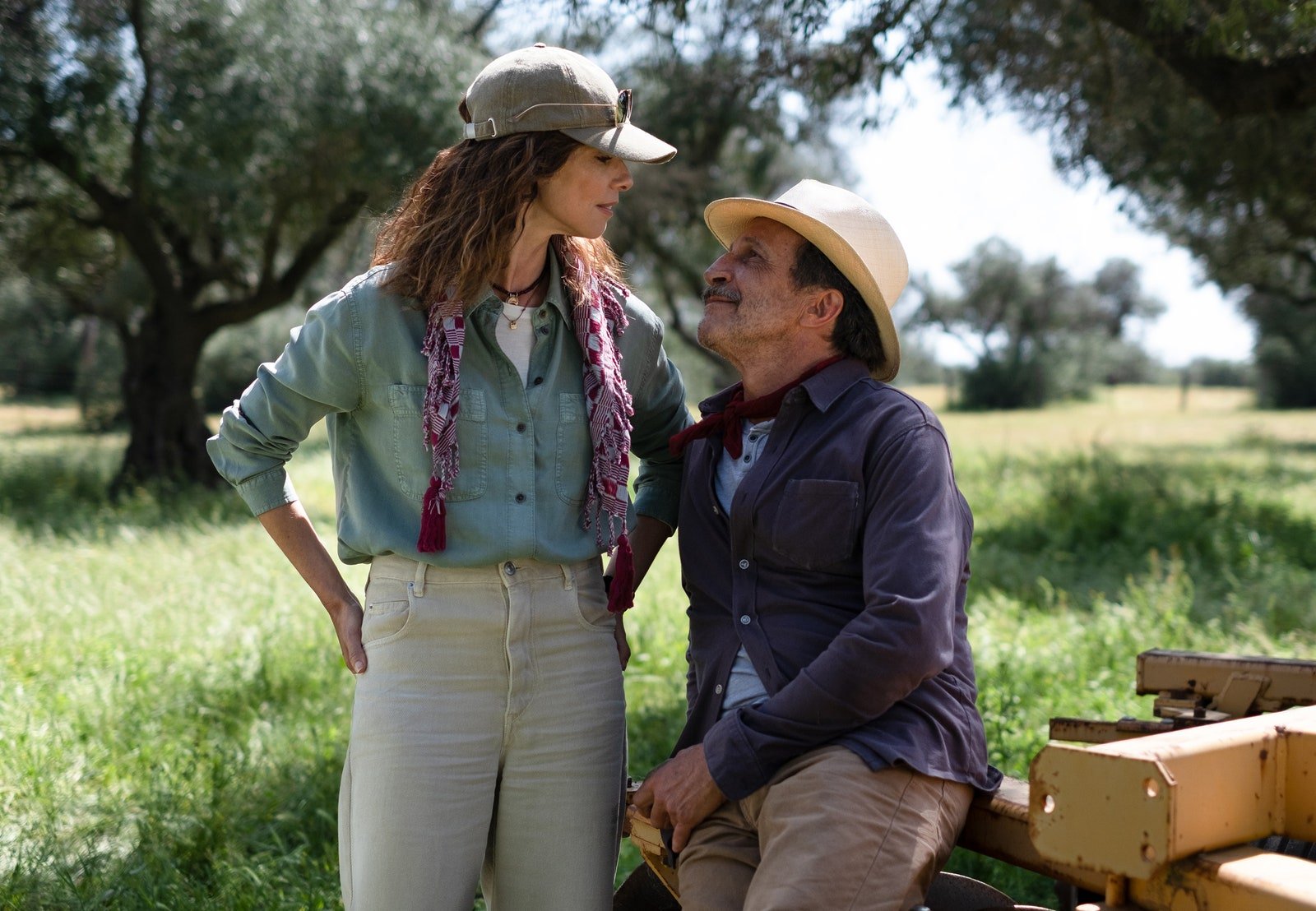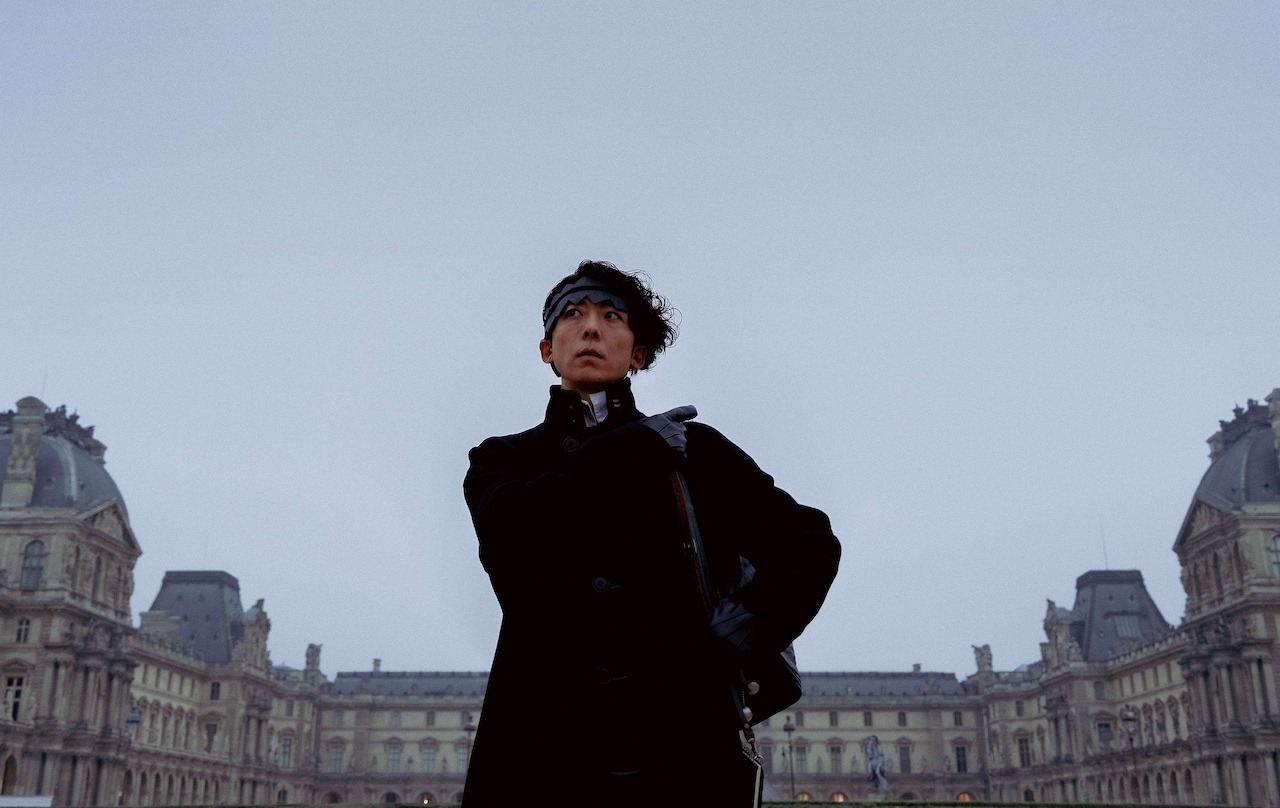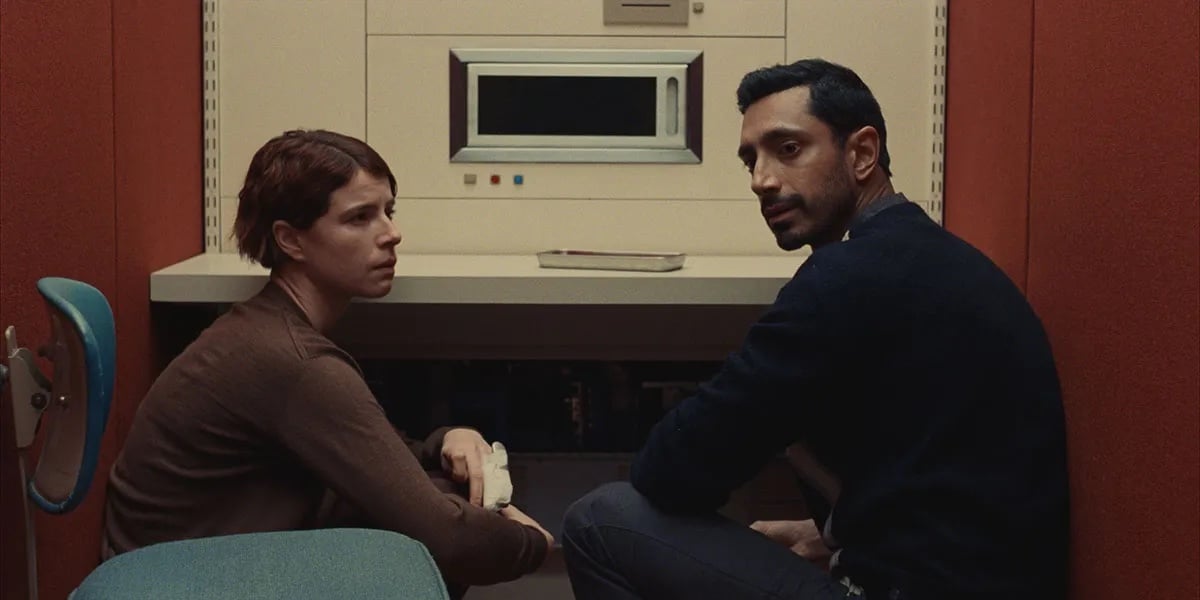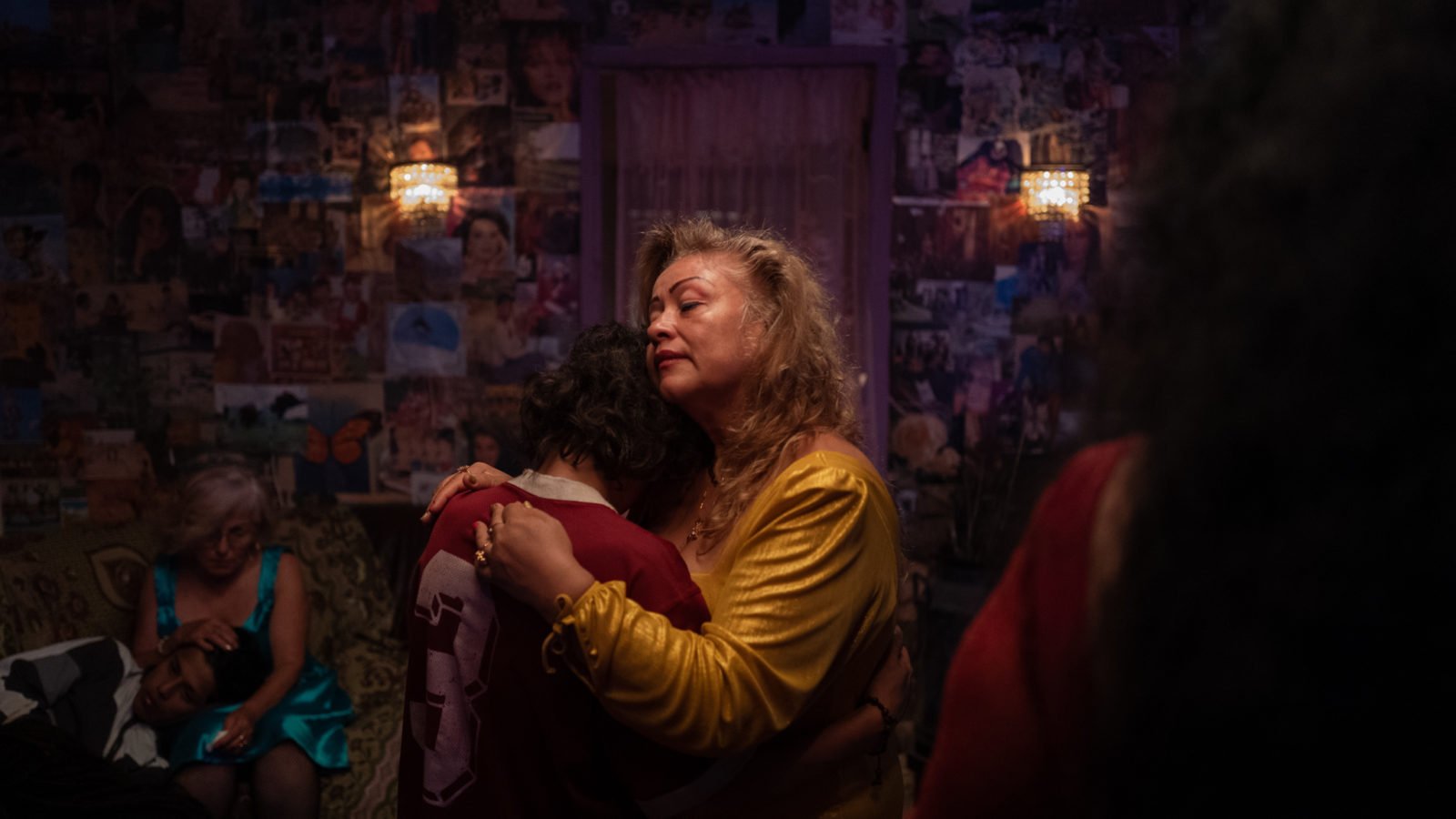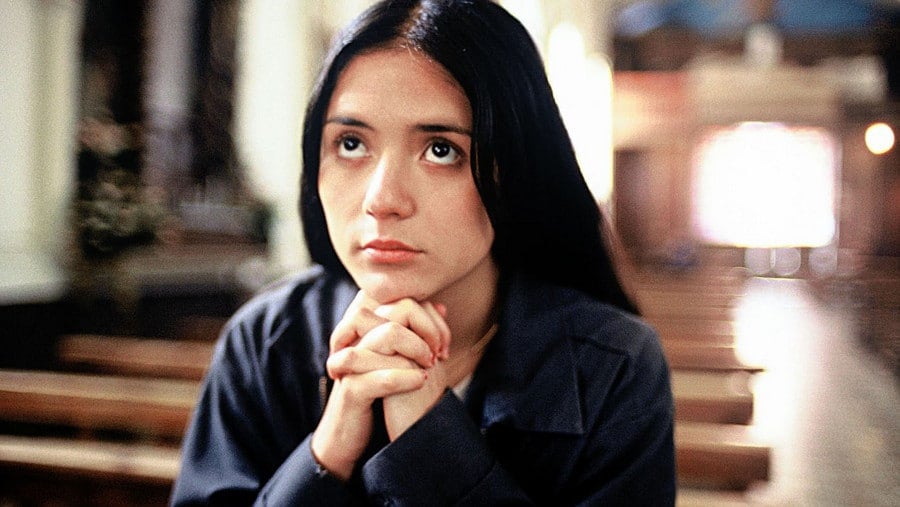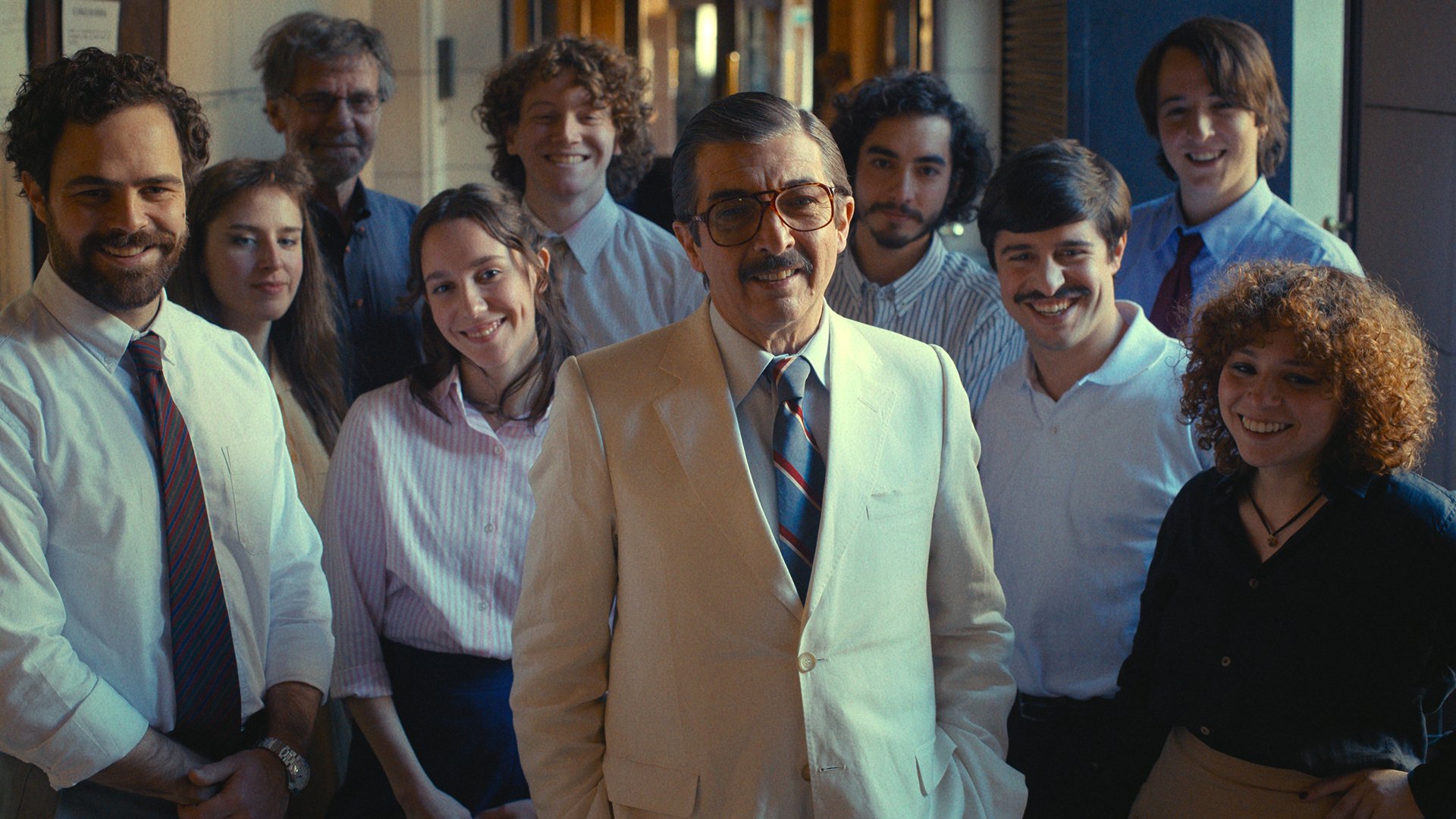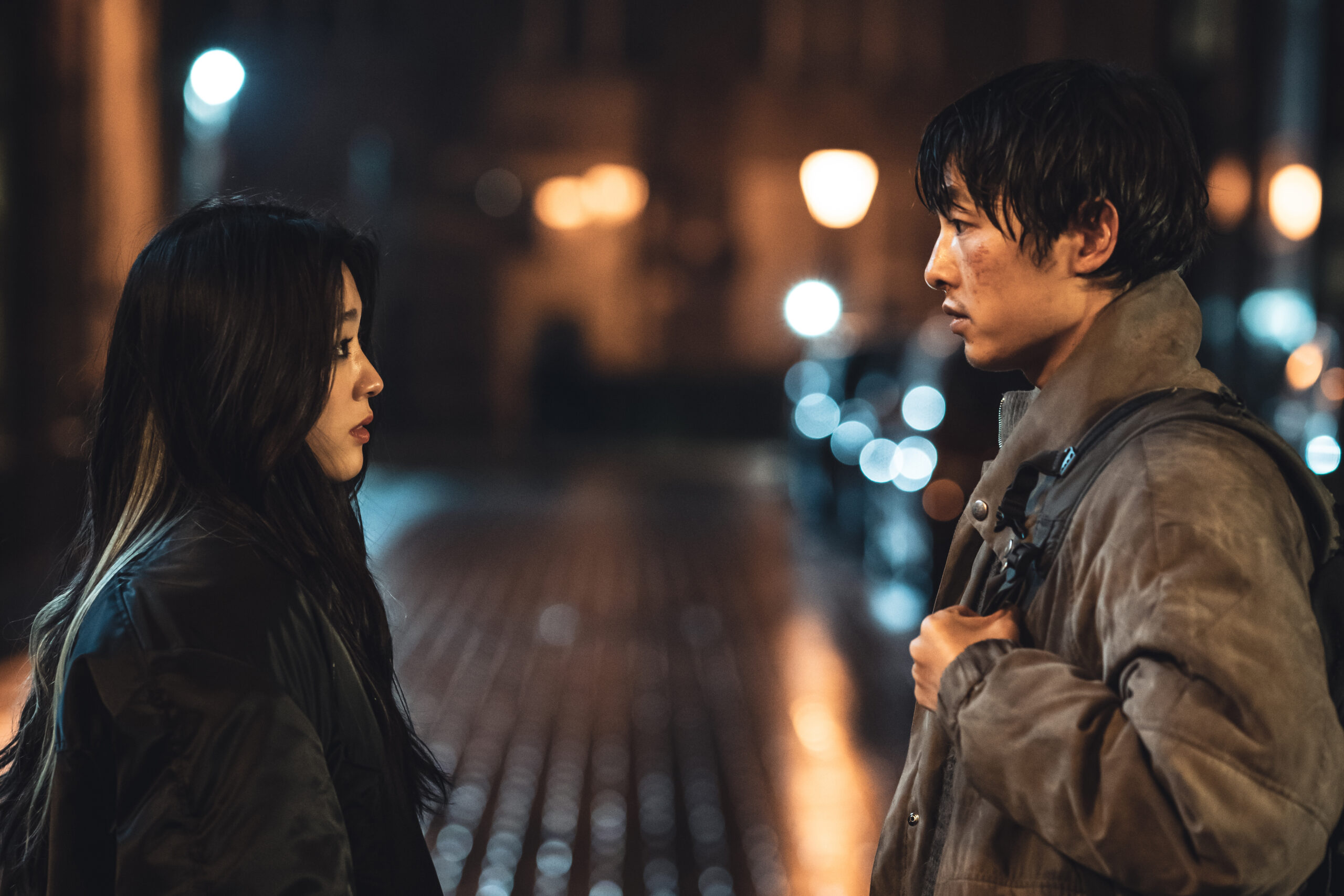
El Conde (2023)
7.7
Movie
7.7
The Staff
TLDR
Mocking fascist dictators is a trope more filmmakers should get behind.
What it's about
The take
After Jackie and Spencer, the dark satire El Conde is a surprise new entry in Pablo Larraín’s stacked filmography. Already, the film has prominent differences– it’s shot in black and white, starting with narration from an unseen and posh Englishwoman that makes the film’s events feel like entries in Bridgerton’s scandalous newsletter. The subject is far from the beloved wives of presidents and princes– it’s centered around a notorious Chilean dictator who remains unpunished for his crimes. However, as his fictional vampire version deals with his rightfully ruined legacy, El Conde proves to be a witty satiric twist to Larraín’s usual themes. Through familial squabbles over ill-gotten wealth, confessions and exorcism conducted by a nun, and certain foreign interventions, El Conde paints an everlasting greed that continues to haunt Larraín’s homeland.
What stands out
The black comedy in El Conde will undoubtedly prove to be divisive, as mocking fascist dictators, whose crimes still affect their countries today, can be seen as framing things as less harmful than it actually is. Admittedly, El Conde could be more biting towards its subject. However, even as the film stuns with haunting cinematography from Edward Lachman, Larraín never grants that vampiric glamor that the dictator would have appreciated. Unlike modern, beautified reimaginings (ala Twilight), Jaime Vadell is decked with gross misshapen fangs, eyebag-ladden makeup, and icky blood stained lips from early depictions of vampires. It’s matched with his sluggish movement and cartoonishly evil yet believable dialogue. His only awe-inspiring image comes from his nighttime hunting flight. As Vadell flies, his cloak looms over the city like the suffering Pinochet inflicted. This visual throwback is effective as a reminder of how vampires came to be, and what vampires used to represent.
Comments
Add a comment
Your nameYour comment
UP NEXT
UP NEXT
UP NEXT
Curated by humans, not algorithms.

© 2024 agoodmovietowatch, all rights reserved.

